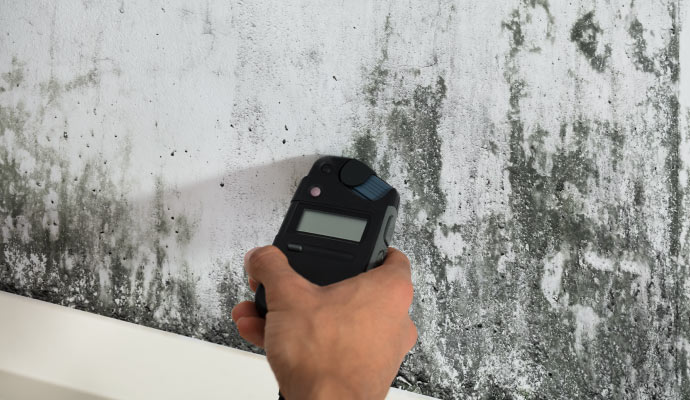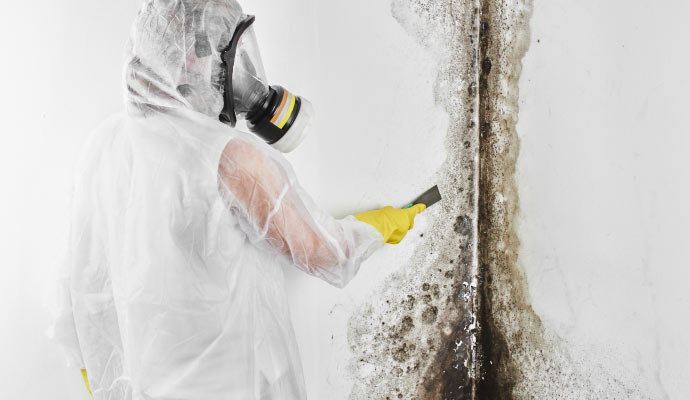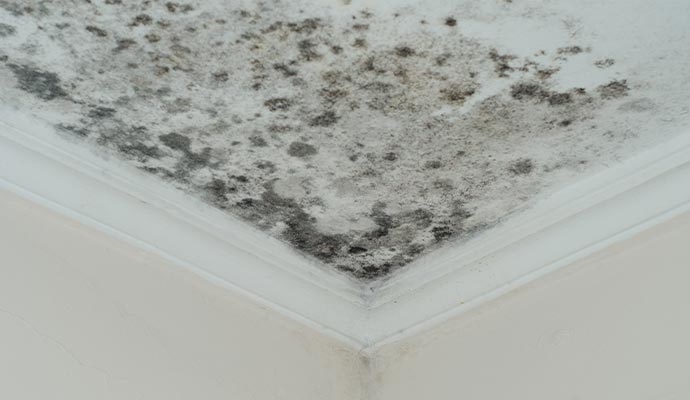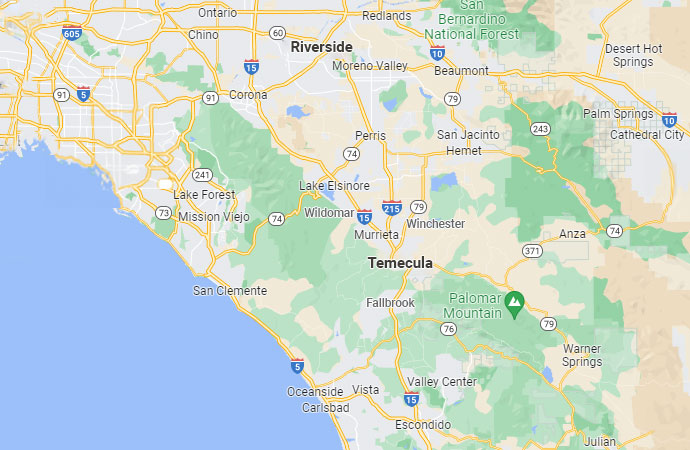What You Need to Know About Mold and Its Problems
Mold. It happens. We’ve all been there. We know the smell. We know the sight. And sometimes we just choose to let it go - if only for just a little while longer. But really, what can happen if you do that? You may think that nagging sinus infection is just an allergy or that musty smell can be covered up with a good candle. Unfortunately, it's just not that simple. And you really - REALLY- need to be careful playing with fire here.
Mold is a type of fungus that can grow in damp or humid conditions, often in areas of the home such as the bathroom, kitchen, or basement. While small amounts of mold may not be cause for concern, ignoring signs of mold growth in your home can lead to a number of very serious problems.
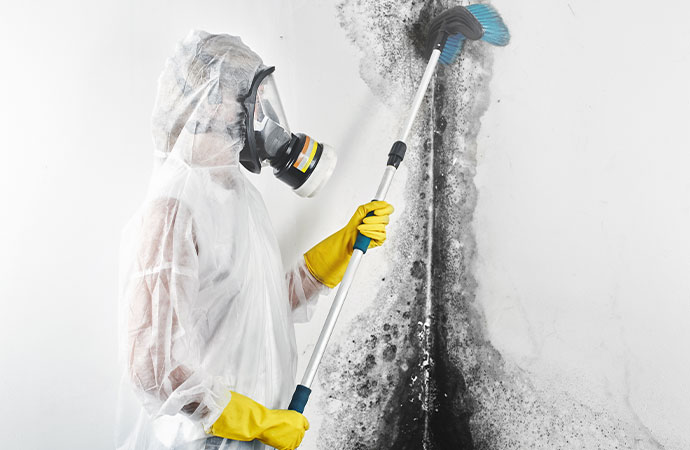
Health Problems: One of the most serious consequences of ignoring mold growth in your home is the potential for health problems. Mold can cause a variety of health issues, including respiratory problems, allergies, and skin irritation. In some cases, exposure to mold can even lead to more severe health problems, such as asthma, pneumonia, or lung infections.
Structural Damage: Mold can cause structural damage to your home. When left unchecked, mold can spread throughout the walls, floors, and ceilings of your home, weakening the structure over time. IT literally goes sight unseen. In very severe cases, mold growth can even cause structural components, such as beams or drywall, to become damaged beyond repair, requiring costly replacements. It’s toxic, it will eat away at the integrity of your home.
Reduced Property Value: Mold growth can also significantly reduce the value of your home. When prospective buyers see signs of mold growth, they may be less likely to make an offer or may request a lower price to compensate for the cost of mold remediation. It’s certainly not something that anyone will want to enter lightly into Even if you don't plan on selling your home anytime soon, ignoring mold growth can still hurt its value and make it less appealing to potential renters or guests.
Increased Energy Costs: Mold growth can also lead to increased energy costs. When mold grows in the HVAC system or ductwork of your home, it can clog the filters and reduce the efficiency of the system. This can cause your energy bills to rise, as your HVAC system has to work harder to maintain a comfortable temperature.
Legal Issues: Finally, ignoring mold growth in your home can lead to legal issues. If someone becomes ill or injured as a result of mold exposure in your home, you could be held liable for their medical bills and other expenses. You could also face legal action if you knowingly sell or rent a home with mold growth without disclosing it to the buyer or renter.
It’s plain and simple, ignoring signs of mold growth in your home can have serious consequences, including health problems, structural damage, reduced property value, increased energy costs, and legal issues. If you suspect that you have mold in your home, it's important to address it as soon as possible with a well trusted resource. In order to minimize the damage and protect your health and property you've got to trust the experts on this one.

